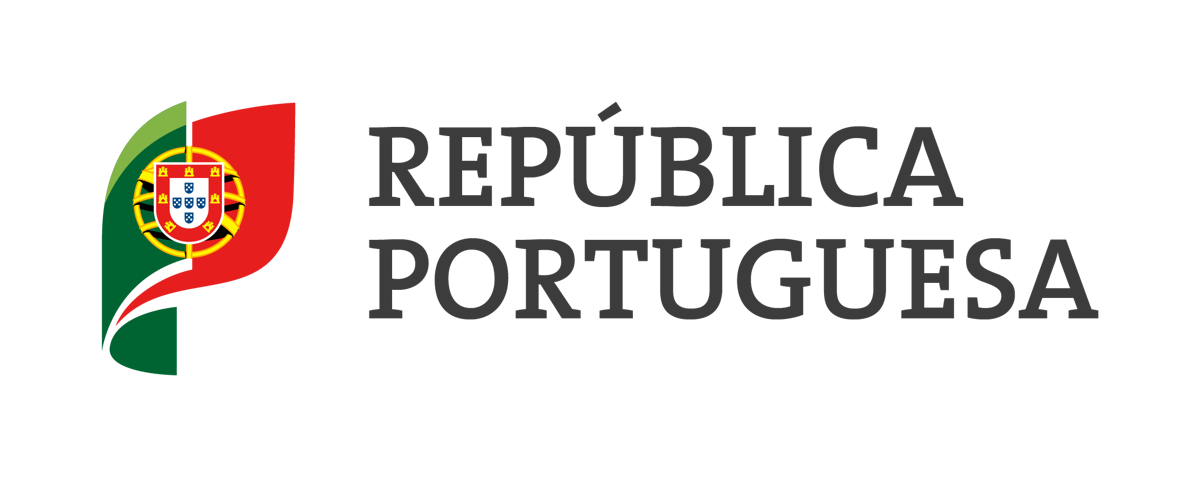1. Abstract: This CITCEM's project takes as its central object the comparative study of Alto Douro Wine Region and Pico Island, as cultural landscapes classified as World Heritage by UNESCO. Pluridisciplinary and multidimensional research, in the field of human and social sciences, based on extensive case studies and comparative analyzes, may represent an essential contribution to the valorization of these assets.
2. Rationale: This project focuses on a broad field of research.Research on vine and wine involves a wide crossover of dimensions and knowledge: from rural and urban history to the organization of the territory, structure and social relations, to techniques, business and institutional organization, commercial networks, sociability and representations, going through natural issues, from geomorphology to the environment.
Purposes:
1. Investigate to protect, conserve and enhance the valuation of territories and classified goods, narrowing and diversifying the dialogue with the institutions responsible for their management.
2. Privileging and valuing, in the interpretative and comprehensive plan, complementary analyzes between material questioning (geology, climatology, biogeography, work techniques, economic and social organizations, tour promoters, local populations...) and the questioning of ideas (values, beliefs and cultural symbolisms, work and sociability between estates, towns and villages, literary and artistic representations, political powers, musealization and heritage initiatives...).
3. Enhance and disseminate these World Heritage goods, as values of identity and resource, both in terms of the socio-cultural development of the populations living in the regions concerned and in terms of the tourist valuation of those territories, as well as in the perspective of preserving memory for future generations.

